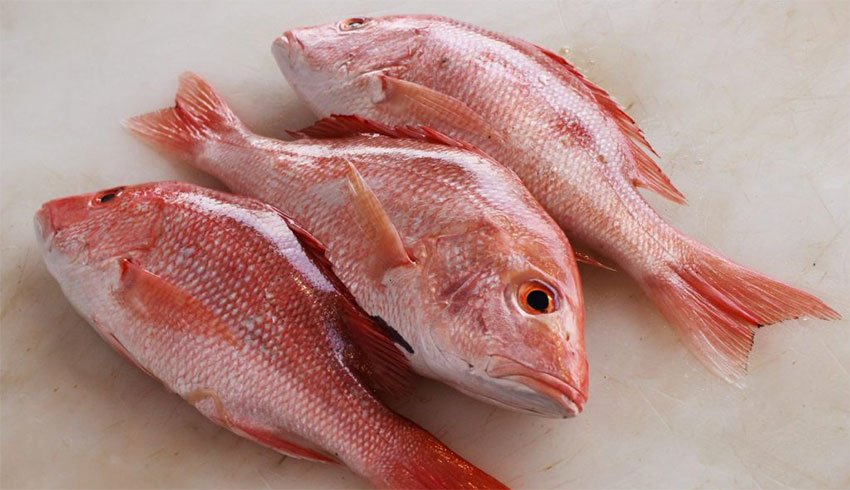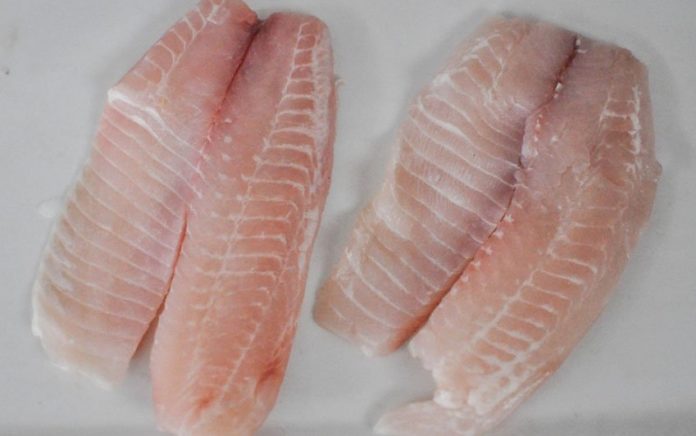Asking for marlin at a market or ordering snapper at a restaurant in Mexico is no guarantee of getting those types of fish, a study has determined.
“Every day, hundreds of consumers in Mexico ask for one species and get another,” said Renata Terrazas, campaign director at Oceana México, an ocean conservation and advocacy organization that carried out the study.
“That’s fraud because . . . there is a cost that ends up being paid by diners, fishermen and the health of the sea,” she added.
Oceana México purchased 400 portions of fish from 133 fish markets, supermarkets and restaurants in Mexico City, Cancún and Mazatlán and found through DNA testing that 31% of the samples were not as advertised.
The non-governmental organization said in a report that the deceit occurs within a context of negligence on the part of fishing and health authorities, and shows that the doors are open to the sale of species whose fishing is illegal by using another name.

“Today, there are no systems, rules or laws that enable us to have certainty about the issue,” said Oceana México vice-president Pedro Zapata.
Another finding of the DNA study was that the 100 different species of fish among the 400 portions purchased were sold under just 48 different names.
Not revealing the names of so many species could lead to their extinction without people realizing, Oceana México said.
The study also found that 11% of the samples tested were fish that are on the red list of threatened species published by the International Union for Conservation of Nature (IUCN).
The fish that was most frequently replaced with another species was marlin.
In 95% of cases when marlin was requested, Oceana México was given other species such as tuna or silky and thresher shark.
A substitute was given for Pacific sierra, a member of the mackerel family, in 89% of cases; for red snapper in 54% of cases – most frequently by stingray; and for bass in 53% of cases.
Passing off one species of fish as another was most common in Mexico City, occurring in 44.5% of the purchases.
Oceana México said that was particularly concerning because the capital supplies fish to many other states via La Viga market, the second largest seafood market in the world.
Terrazas said the high percentage of substitution is clear evidence that authorities are not doing their job but beyond that, she added, “we need to start to see what is really happening in the [supply] chain that makes regulation difficult.”
To help eliminate the substitution problem, Oceana México recommended that authorities create a guide that lists the scientific and commercial names of different species of fish to help educate consumers, and implement a traceability policy to track fish during the journey through the different stages of the supply chain.
Source: El Economista (sp)
